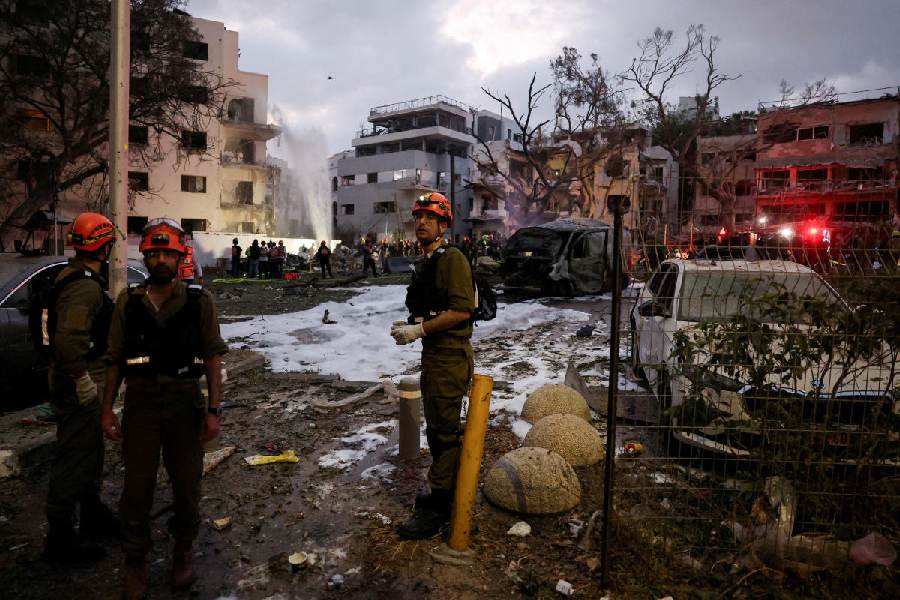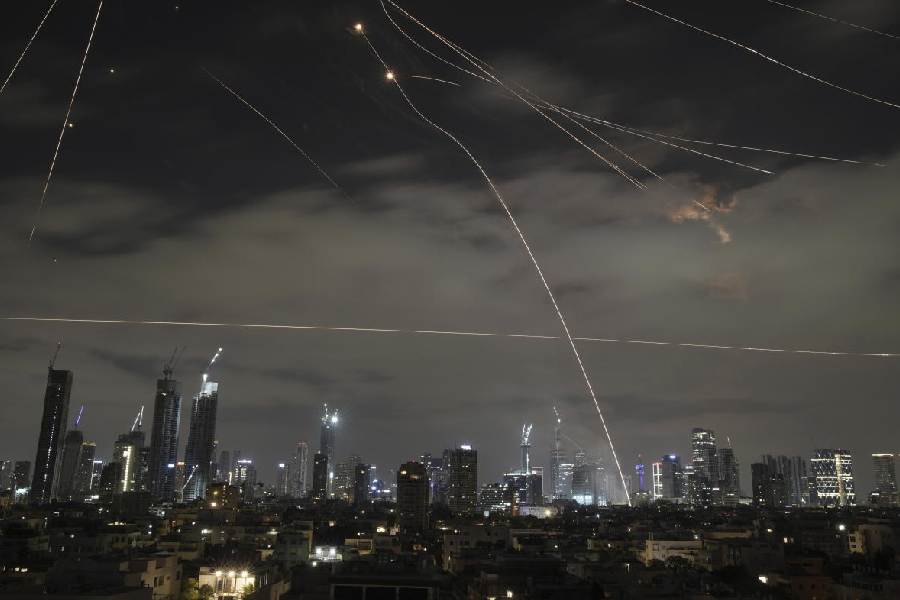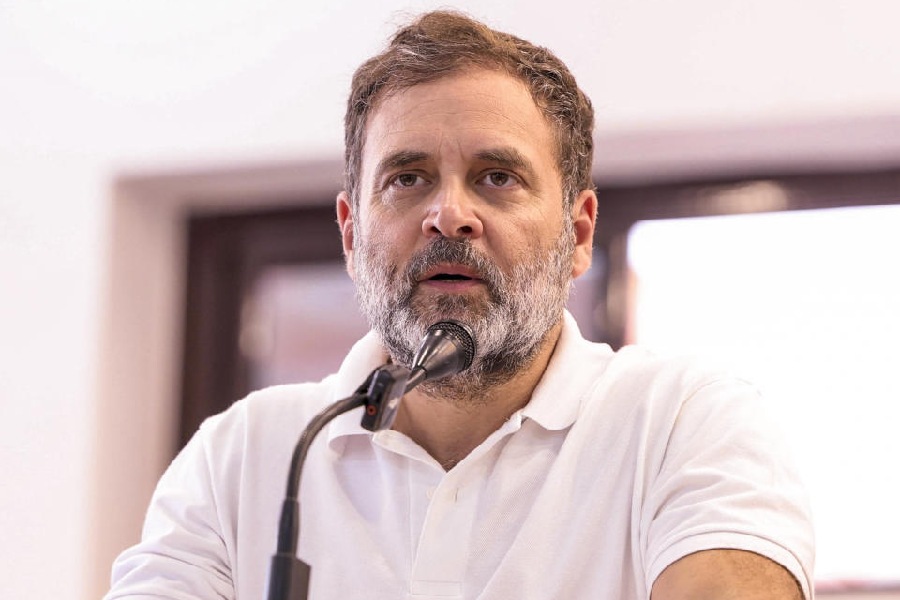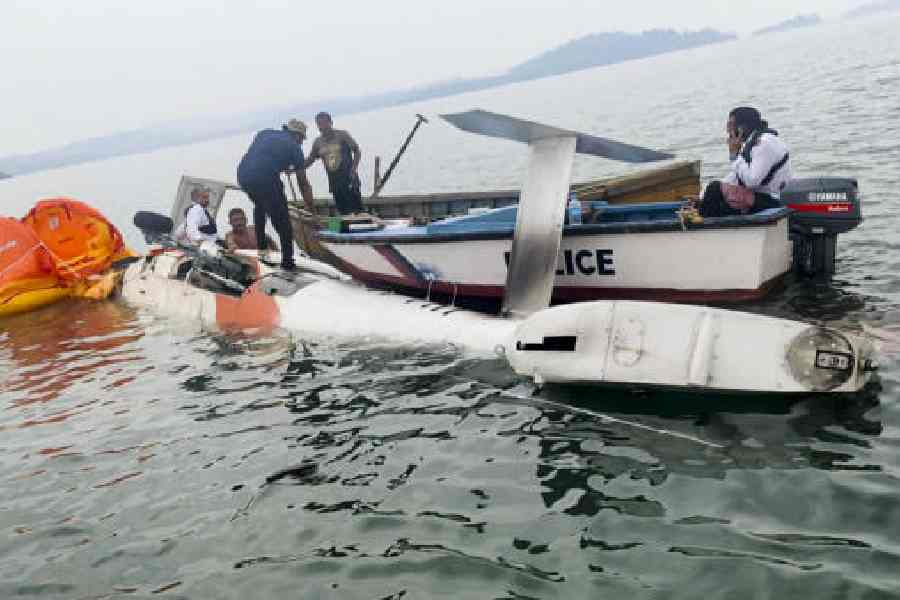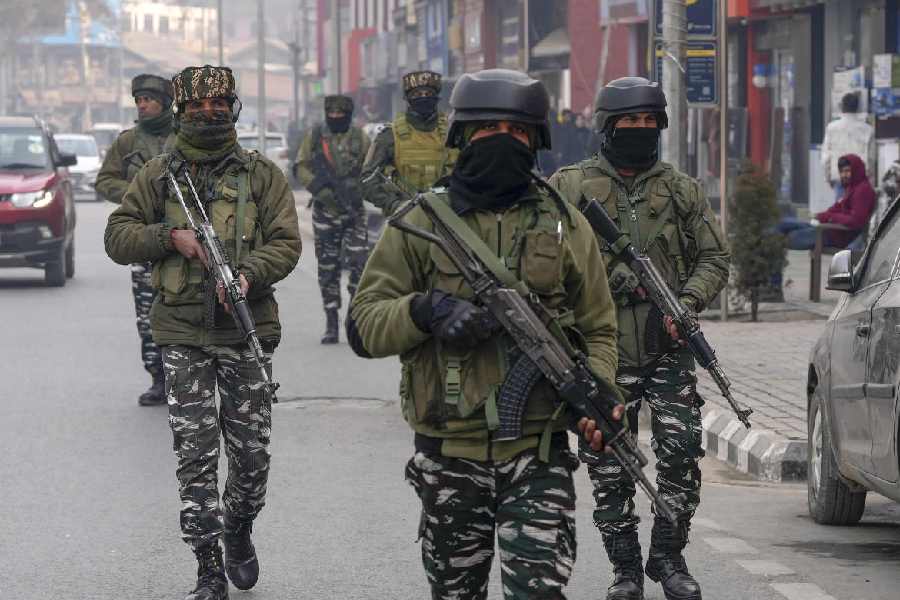The latest Iran-Israel conflict marks a turning point between two nations that once shared a covert alliance, highlighting the dramatic shift from decades of secret cooperation and trade to open hostility and military confrontation.
Following the establishment of the State of Israel in 1948, Iran, a predominantly Shia nation with its own historical tensions with Arab states, stood as an exception among Muslim-majority countries by officially recognising Israel and developing discreet and pragmatic ties.
Under Shah Mohammad Reza Pahlavi, Iran was a key Western-aligned ally during the Cold War.
Israel, reliant on American support, found a natural partner in Tehran.
This alignment was formalised in Israel’s "periphery doctrine," introduced by Prime Minister David Ben-Gurion in 1948, which prioritised strong relationships with non-Arab states like Iran, Turkey and Ethiopia to counterbalance the Arab world, according to a report in New Lines Magazine, January 2025
A secret meeting in 1958 between Ben-Gurion and Turkish Prime Minister Adnan Menderes formed the "alliance of the periphery," leading to the "Trident" pact involving Iran, Turkey and Israel.
This pact facilitated intelligence sharing, economic cooperation and arms trade, with collaboration between Mossad and Iran’s SAVAK.
Israel even provided military advisors and technical support for Iran's nascent military-industrial complex.
And both had an economic relationship too.
Iran supplied Israel with crude oil, particularly after the 1967 Six-Day War when Arab nations imposed boycotts.
In return, Israel provided advanced agricultural and technological assistance, with Israeli companies actively involved in Iranian infrastructure projects.
A declassified CIA document from October 7, 1985, titled 'Israel and Iran: The ties that bind,' noted that Israel's ties to Iran developed from a broader effort to forge links with strategically located non-Arab states that shared grievances with neighboring Arab countries and feared the rise of Arab power and Soviet military support for their enemies.
The document also revealed that Iran became Israel's chief oil supplier, providing about 70 per cent of Israel's requirements until the Shah's overthrow in 1979.
Israel also sold armaments to Iran, boosting its fledgling defence industries and securing much-needed oil.
Israel assisted Iran in supporting Kurdish separatists in Iraq and Iran reportedly provided Mossad with intelligence on the Iraqi military.
Israel also sought to ensure the welfare of the 90,000 Jews living in Iran. In return for Israeli assistance, Khomeini allowed large numbers of Iranian Jews to leave Iran for the United States or Israel, according to a report, Israel and Iran: A Dangerous Rivalry, 2011.
The Islamic revolution and a pragmatic shift
The 1979 Islamic Revolution brought Ayatollah Ruhollah Khomeini to power and altered Iran's foreign policy.
The new regime viewed Israel as an illegitimate state and a tool of Western imperialism, severing all diplomatic ties, expelling Israeli personnel and handing over the Israeli embassy in Tehran to the Palestine Liberation Organisation.
Khomeini referred to Israel as the “Little Satan,” second only to the US, the “Great Satan,” and declared that Palestine “must be returned to the Muslims”.
But a surprising secret relationship persisted.
When Iraq invaded Iran in 1980, the war continued for eight years, and the newly formed Islamic Republic was facing international isolation and a weakened military after purges of the Shah’s army. Iran found itself in desperate need of weapons to face Saddam Hussein.
Israel sold over $100 million worth of arms to Tehran in 1983.
By 1985, Danish cargo ships chartered by the Israeli government and private arms dealers made over 600 trips carrying American-made arms to the Iranian port of Bandar Abbas.
Israeli military instructors even trained Iranian army commanders, according to The Economic Times.
In 1987, Israeli defence minister Yitzhak Rabin stated, "Iran is Israel’s best friend and we do not intend to change our position in relation to Tehran, because Khomeini’s regime will not last forever."
This covert cooperation culminated in the infamous Iran-Contra affair, where Israeli intermediaries facilitated the shipment of weapons to Iran in exchange for the release of American hostages in Lebanon and funding for anti-communist rebels in Nicaragua.
The CIA also flagged that Israel hoped to use its good offices to facilitate a rapprochement between Washington and Tehran, even looking to buy oil from Iran if such reconciliation occurred.
Khomeini's regime accepted military supplies from Israel while rejecting similar proposals from the Soviet Union, viewing the US and Soviets as "greater abominations."
The dynamic shifted after the Iran-Iraq War ended in 1988.
By the 1990s, the secret Iran-Israel alliance had completely disintegrated.
Israel began viewing Iran’s nuclear program as an existential threat, and Iran expanded its support for anti-Israel entities such as Hezbollah, Hamas and the Houthis.
Iran's growing influence in the region was met by Israel's increasing cooperation with Gulf states and military operations to limit Iranian entrenchment.
In one of the most direct attacks between the two countries, Israel's military has reportedly launched precision airstrikes on key Iranian nuclear facilities.
Satellite imagery analyzed by The Associated Press and Maxar Technologies suggests these strikes represent one of the most direct attacks on Iran's nuclear infrastructure to date.
Dubbed "Operation Rising Lion," this marks Israel's most significant direct assault on Iran's nuclear program in over a decade.
The ongoing Gaza conflict and subsequent regional tensions, culminating in direct missile and drone exchanges in 2024, brought the Iran-Israel confrontation to a boiling point.

